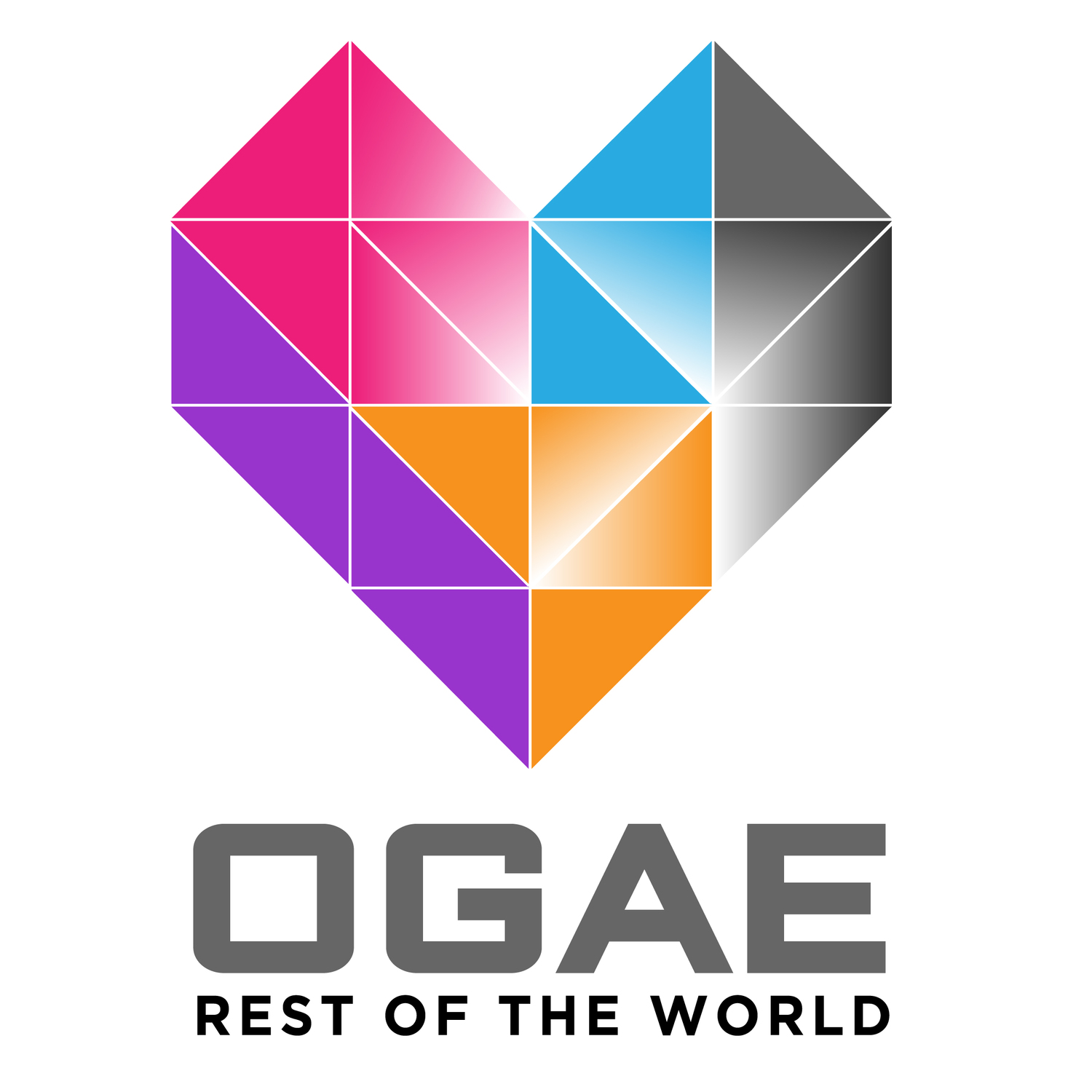Zoë Alina Kressler, known professionally as Zoë Më, is the Swiss singer and songwriter set to represent Switzerland in the Eurovision Song Contest 2025. It is necessary to specify how to pronounce the first name with the “Umlaut” of the Swiss singer. Not "Zoiii", in English, but "Zoé" as in French. Don't you think that Zoë physically resembles the Mona Lisa ?
A little insider tip? Last year, she was second choice to represent Switzerland
She is a very young emerging singer based in Fribourg, although she was born in Basel.
The city has already provided 4 Eurovision artists Veronique Mueller, Arlette Zola, Carol Rich and Gjon’s Tears!
It is therefore quite symbolic that she is participating in the competition in this same city this year: we can feel that the choice was not made at random. A pianist and singer-songwriter, Zoé had her big musical revelation at the age of 12, when she attended the Gurtenfestival in Bern. Seeing these artists singing for hundreds of thousands of people, she felt like something clicked and wrote her first song that same evening. She has never stopped since.
The young artist has an album (Momoko) and an EP (Dorienne Gris) to her credit. But what makes Zoé special is her bilingualism, which she claims. She writes in German (her mother tongue) and in French (which she learned in Fribourg). But not in English (a language that she says does not resemble her). Here are two songs to give you a glimpse of her world.
The “Fribourgeoise” invites us to go on a journey with her. For SRF, the song is an invitation to look at life with more humanity, openness and compassion
Her ability to bridge cultures through music has earned her widespread recognition. In 2024, she was awarded 'SRF 3 Best Talent' and 'RTS Artiste Radar'. Her bilingual EP Dorienne Gris led to performances at prestigious festivals, including the Montreux Jazz Festival and Luzern Live.
PS After Luxembourg, the Netherlands, Israel (partly) and of course France, Switzerland is the fifth country to sing French at Eurovision 2025. This is the first time since Gjon’s Tears in 2021 that Switzerland will sing in French on the Eurovision stage, where the country usually leans towards English-language songs The country, which has a strong German-speaking majority, has not sung in the language of Goethe at the contest since Egon Egemann in 1990.
